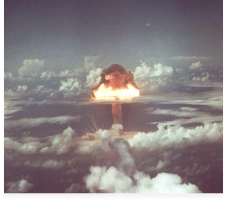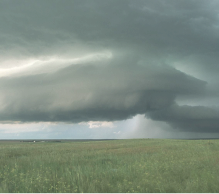Read the Latest
- Companies Are Choosing Efficiency Over Bold Climate Goals
- What to know as US moves military assets to Mideast and Iran nuclear talks have yet to reach a deal
- Saudi Arabia may have uranium enrichment under proposed deal with US, arms control experts warn
- Trump Risks Igniting a Nuclear Wildfire
- The World Needs China’s Climate Technology. That’s the Dilemma
TopicsStories
Educational Resources
- Projects
- Events
- Our Team
- Stories and Resources
- Latest Stories
- Companies Are Choosing Efficiency Over Bold Climate Goals
- What to know as US moves military assets to Mideast and Iran nuclear talks have yet to reach a deal
- Saudi Arabia may have uranium enrichment under proposed deal with US, arms control experts warn
- Trump Risks Igniting a Nuclear Wildfire
- The World Needs China’s Climate Technology. That’s the Dilemma
- Topics
- Educational Resources
- Newsletter
- Connect

